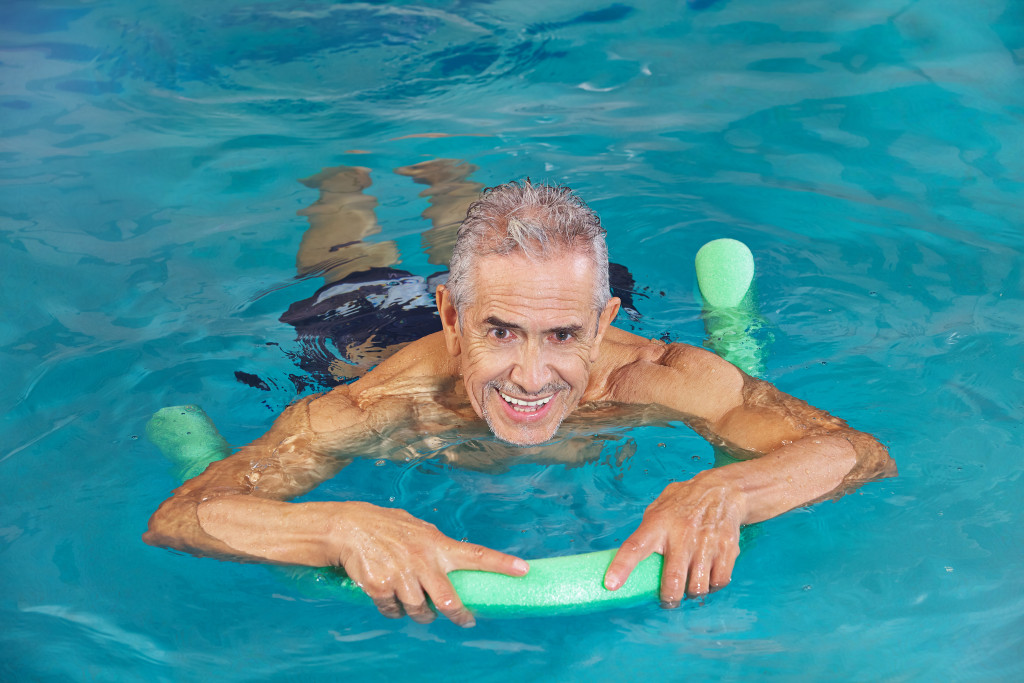- Regular medical checkups are essential to maintain optimum health and benefit from all retirement activities.
- Exercise should be done for at least thirty minutes daily to reduce health conditions risk and improve mental well-being.
- Retirees should prioritize their dental health by visiting the dentist once a year for a checkup and cleaning to maintain good oral hygiene.
- Learning something new can help maintain cognitive abilities and prevent dementia or Alzheimer’s.
Retirement can be an exciting time for many people, transitioning from a full-time working life to one of leisure and freedom. With the extra time in retirement, individuals can pursue previously unavailable activities due to their job responsibilities. Additionally, retirees can often take advantage of financial benefits, such as an employer-provided pension or Social Security payments.
A recent study found that 91% of retirees feel excited about their future, and 94% say they look forward to the additional free time they will have in retirement. This is not surprising, as retirement allows people to explore hobbies or interests in which they may not have had much time before. 84% of retirees have stated that they plan to use their newfound free time on recreational activities such as traveling, reading, and spending more time with friends and family.
Unfortunately, there might be one thing stopping a retiree from enjoying retirement life: health. Most retirees are unaware of the importance of maintaining their health in retirement, as it can be easy to let habits such as daily exercise and healthy eating slip away. If you want to enjoy your retirement, you must maintain health. Here are a few tips to help you.
Regular Medical Checkups

Regular medical checkups are essential for retirees because they help ensure they remain in optimum health and can continue to benefit from all the activities that retirement offers. Regular checkups allow a doctor to review a retiree’s overall health and advise on any changes or treatments that may be needed. With regular checkups, retirees can get advice on illnesses or conditions earlier and prevent them from progressing.
Here are a few checkup tests to take when you are at retirement age:
Blood pressure
Most retirees need to check their blood pressure at least once a year. High blood pressure can lead to serious health issues such as stroke, heart attack, and kidney disease.
Cholesterol levels
Cholesterol levels should be checked regularly, as high levels can increase the risk of heart disease. Getting the test can also rule out any underlying conditions.
Mental health evaluation
Retirees should also get a mental health evaluation to ensure they are managing any stress or anxiety in retirement. A mental health evaluation can help identify any issues needing professional attention.
Diabetes screening
Diabetes can seriously affect a person’s health if left unchecked. A diabetes screening will help detect any signs of diabetes and allow proper treatment to be started immediately.
Maintain an Active Lifestyle

Retirees will need to remain active and maintain a healthy lifestyle in retirement. Exercise can help reduce the risk of health conditions such as heart disease, stroke, diabetes, and osteoporosis. Additionally, exercise helps to reduce stress levels and improve mental well-being.
Retirees should aim for at least thirty minutes of moderate physical activity daily. This can include walking, swimming, biking, or playing with grandchildren. Retirees should also ensure they stay hydrated throughout the day and eat a balanced diet low in sugar and saturated fats.
Finally, retirees should continue learning new skills or participate in activities that keep their minds sharp and engaged. Learning something new can help maintain cognitive abilities and prevent dementia or Alzheimer’s.
Prioritize Dental Health
Unfortunately, many retirees don’t prioritize their dental health, thinking it’s not as important as other aspects of their well-being. However, having healthy teeth and gums is essential to overall health since it can affect eating habits, speech, digestion, and more. Retirees should visit the dentist at least once a year for a checkup and cleaning to maintain good oral hygiene.
Most retirees have a few missing teeth, which could affect a person’s self-confidence. Dental implants and crowns are available to improve a person’s smile; these treatments can also help prevent further dental issues. If you require regular screening, you must have a dentist’s office nearby to take care of your needs.
Final Thoughts
Retirement can be a time of great joy and freedom, but it is essential to stay healthy to enjoy it. By following the tips above, retirees can ensure they remain in optimum health throughout their retirement years and continue experiencing all the activities that come with it. So don’t forget to maintain your health during retirement – you won’t regret it!


